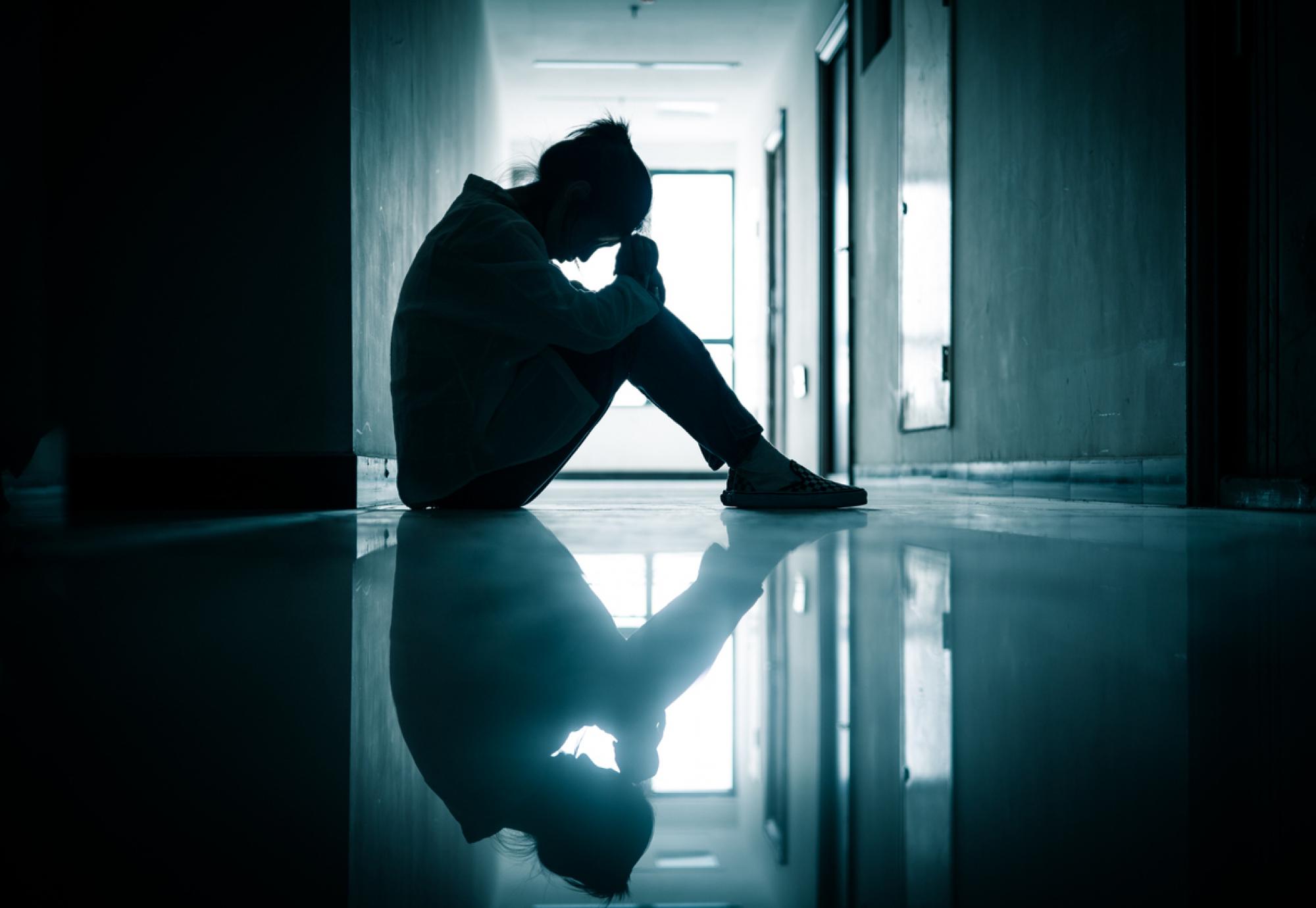The government have published new research indicating a direct correlation between loneliness and mental health distress.
These new revelations come after a study analysed mental health wellbeing and the impacts of loneliness over a sustained period by investigating what types of people suffered from loneliness the most, and if the risk factors had changed or not.
The announcement comes at the start of Loneliness Awareness Week, with the research finding clear links between certain age and socials demographics and a higher susceptibility to mental health issues. It found:
The study, led by the National Centre for Social Research, collated data collected from over 35,000 people aged 16 and over from 2013/14 to 2019/20.
- Young people between 16-34 were found to be particularly at risk, with research showing they were at five times greater risk of chronic loneliness than those aged 65 or older.
- People with a disability or a long-term health condition were 2.9 times more likely to experience chronic loneliness and were less likely to recover from loneliness than those without a disability.
- Those part of the LGBTQ community were also disproportionately affected, with people who identified as gay or lesbian, 1.4 times more likely to be lonely and people who identified as bisexual 2.5 times more likely to be lonely.
- Those in the lowest income quintile were 50% more likely to experience loneliness when compared with the wealthiest quintile.
Minister for Mental Health, Gillian Keegan said: “Loneliness is a growing issue – and this research emphasises the continued need to ensure those feeling lonely can access the resources they need.
“We’re accelerating the rollout of mental health support teams in schools and expanding community services for adults and young people to make sure everyone can access support, as well as providing helpful advice and resources on the Every Mind Matters website.
“We’ve also recently opened a call for evidence to gather views from the public to inform a new 10-year mental health plan which will focus on ensuring the nation is in positive mental wellbeing.”
The research implies that early targeted interventions are the key to combatting the effects of loneliness on a person’s mental health wellbeing.
A range of government departments will now be brought together to devise a delivery plan, which will take into account this new evidence and set a plan of action to battle and tackle loneliness.
The plan, headed up by the Minister for Civil Society and Youth, will build on the 2018 Tackling Loneliness Strategy, as well as the government’s various initiatives to eradicate loneliness during the pandemic via its £750m charity funding package.
Minister for Civil Society and Youth, Nigel Huddleston said: “Loneliness can affect all of us and the research published today highlights that young and disabled people, alongside those with long-term health conditions, are disproportionately affected by loneliness.
“As we start Loneliness Awareness Week I encourage everyone to reach out to someone they think may be feeling alone or isolated.
“The Government prioritised tackling loneliness through the pandemic and we will now redouble our efforts to protect those most at risk.”
Since 2018 and after the government’s strategy for tackling loneliness, the UK has continued to be a world-leading power in battling loneliness, including taking actions like appointing the first ever Minister for Loneliness and partnering with a wide range of charities and investing more than £50m into the issue.
More information about the new research is available here.



















